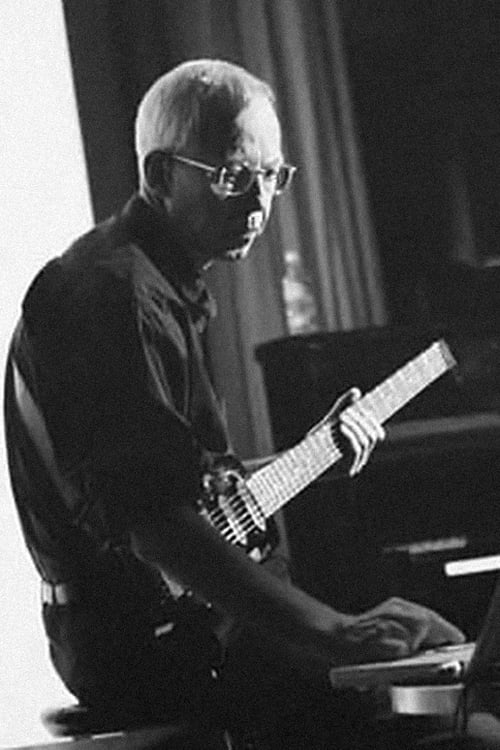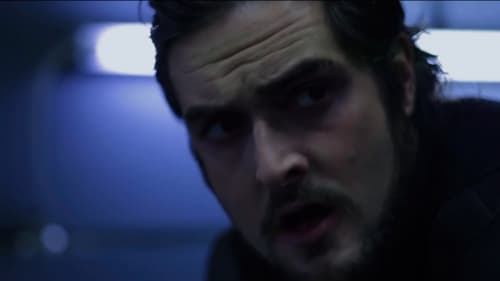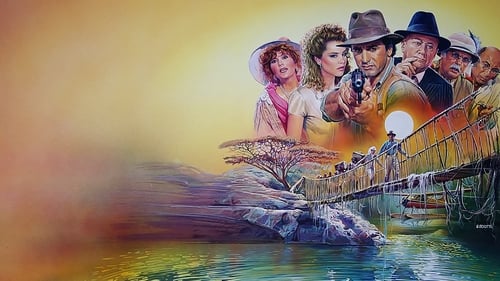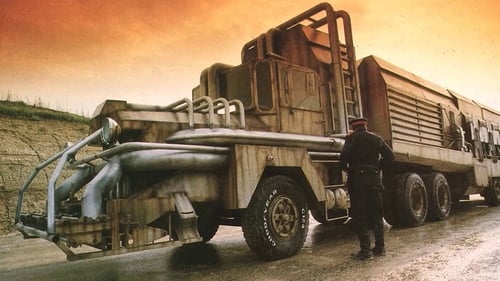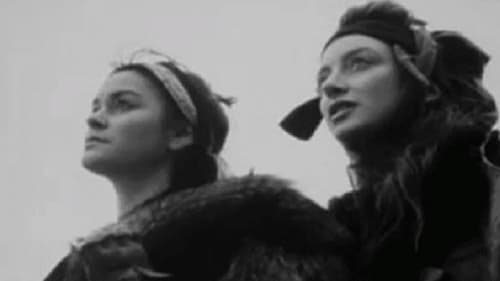David Cunningham
Birth : 1954-12-20, Armagh, Northern Ireland, UK
History
David Cunningham (born December 20, 1954) is a composer and music producer from Northern Ireland. Well-known for his commercial work under the pseudonym "the Flying Lizards" and for his production of Michael Nyman's music for Peter Greenaway's films including the Draughtsman's Contract and Drowning by Numbers. His work as producer, musician and composer has ranged across many genres of music and includes work for television, film, contemporary dance, and significant collaborations with visual artists and filmmakers.
Since the release of his first album 'Grey Scale' in 1976 he has worked as a musician and record producer, engaging with an eclectic range of people and music. In the spring of 1978, David started working as a music producer for the first time, but with a very limited studio situation. His first significant commercial success came with The Flying Lizards' record 'Money', an international hit in 1979. Over the last 20 years Cunningham has recorded everything from jazz bands to solo performers in his L-shaped recording-studio, as well as composing scores for films and adverts. Besides collaborating with artists such as Martin Creed, John Cage, Kathy Acker and Pansonic, Cunningham never stopped creating music of his own.
Film and television work has included two long continuing collaborations - with William Raban and with Ken McMullen. Related work has included the production and treatment of sound for installation and broadcast artworks by Susan Hiller, Cerith Wyn Evans, Martin Creed, Amikam Toren, João Penalva, Ceal Floyer, Ian Breakwell, Gillian Wearing, Thomas Demand, Sam Taylor-Wood, John Latham, David Hall, Stephen Partridge, Bruce McLean, Tony Sinden, Brad Butler and Karen Mirza and many others.
